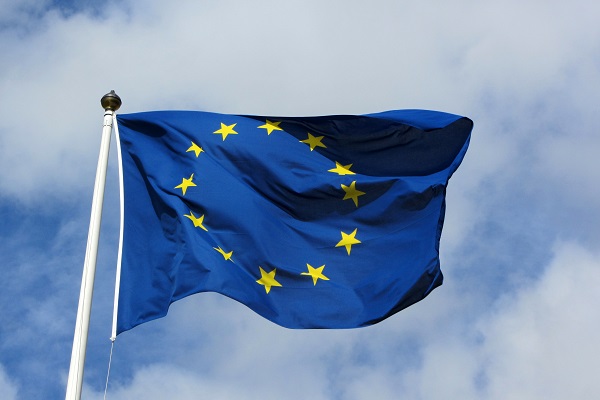EU to Propose 'Green' Investment Label for Natural Gas, Nuclear Energy
BRUSSELS (Reuters) - The European Commission is set to propose rules on Wednesday to allow some gas and nuclear power plants to be labelled as green investments, with minor changes to a previous draft proposal, a Commission source told Reuters.

Brussels has been attempting for more than a year to settle whether gas and nuclear energy should be labelled as green in the EU's taxonomy, a rulebook that defines which investments can be marketed as climate-friendly.
In final rules due to be published on Wednesday, the Commission will confirm plans to label both gas and nuclear power plants as sustainable investments, provided they meet certain criteria, a Commission source said on condition of anonymity.
A Commission spokesperson declined to comment.
The criteria are expected to include minor changes that could make it easier for some gas plants to earn a green investment label compared with the previous draft.
The draft would have granted gas plants a green label until 2030 if they meet criteria including emissions limits, and a requirement to progressively burn more low-carbon gases, starting in 2026 and eventually switching to 100% low-carbon gas in 2035.
The final rules will include the 2035 low-carbon gas requirement, but not the 2026 rule, the source said.
A draft rule that new gas plants replace a more-polluting facility and result in a 55% emissions reduction per kWh of output energy, will instead apply the 55% reduction to the plant's overall lifetime, they said.
The rules have not yet been adopted by the Commission and could change before they are due to be published on Wednesday.
The plan has come under fire from campaigners and some governments, with EU countries divided over whether the fuels should count as green.
Four countries wrote to the Commission on Monday urging it to exclude gas, citing a "lack of scientific evidence" for labelling the fuel as green. Austria and Luxembourg have threatened legal action if the EU brands nuclear as sustainable.
Countries, including France, which gets around 70% of its power from nuclear, say the CO2-free energy source has a major role to play in addressing climate change, while some central and eastern European countries view gas as needed to quit more-polluting coal.
A super-majority of 20 EU countries - out of the total 27 - or a majority of European Parliament's 700 lawmakers could veto the final rules, during a four-month scrutiny period once they are published.
The Commission's expert advisers last week said the draft rules on gas and nuclear did not align with the EU's climate change targets, including its goal to have net zero emissions by 2050.
Related News
Related News

- Keystone Oil Pipeline Resumes Operations After Temporary Shutdown
- Biden Administration Buys Oil for Emergency Reserve Above Target Price
- Freeport LNG Plant Runs Near Zero Consumption for Fifth Day
- Enbridge to Invest $500 Million in Pipeline Assets, Including Expansion of 850-Mile Gray Oak Pipeline
- Williams Delays Louisiana Pipeline Project Amid Dispute with Competitor Energy Transfer
- Evacuation Technologies to Reduce Methane Releases During Pigging
- Editor’s Notebook: Nord Stream’s $20 Billion Question
- Enbridge Receives Approval to Begin Service on Louisiana Venice Gas Pipeline Project
- Mexico Seizes Air Liquide's Hydrogen Plant at Pemex Refinery
- Russian LNG Unfazed By U.S. Sanctions




Comments